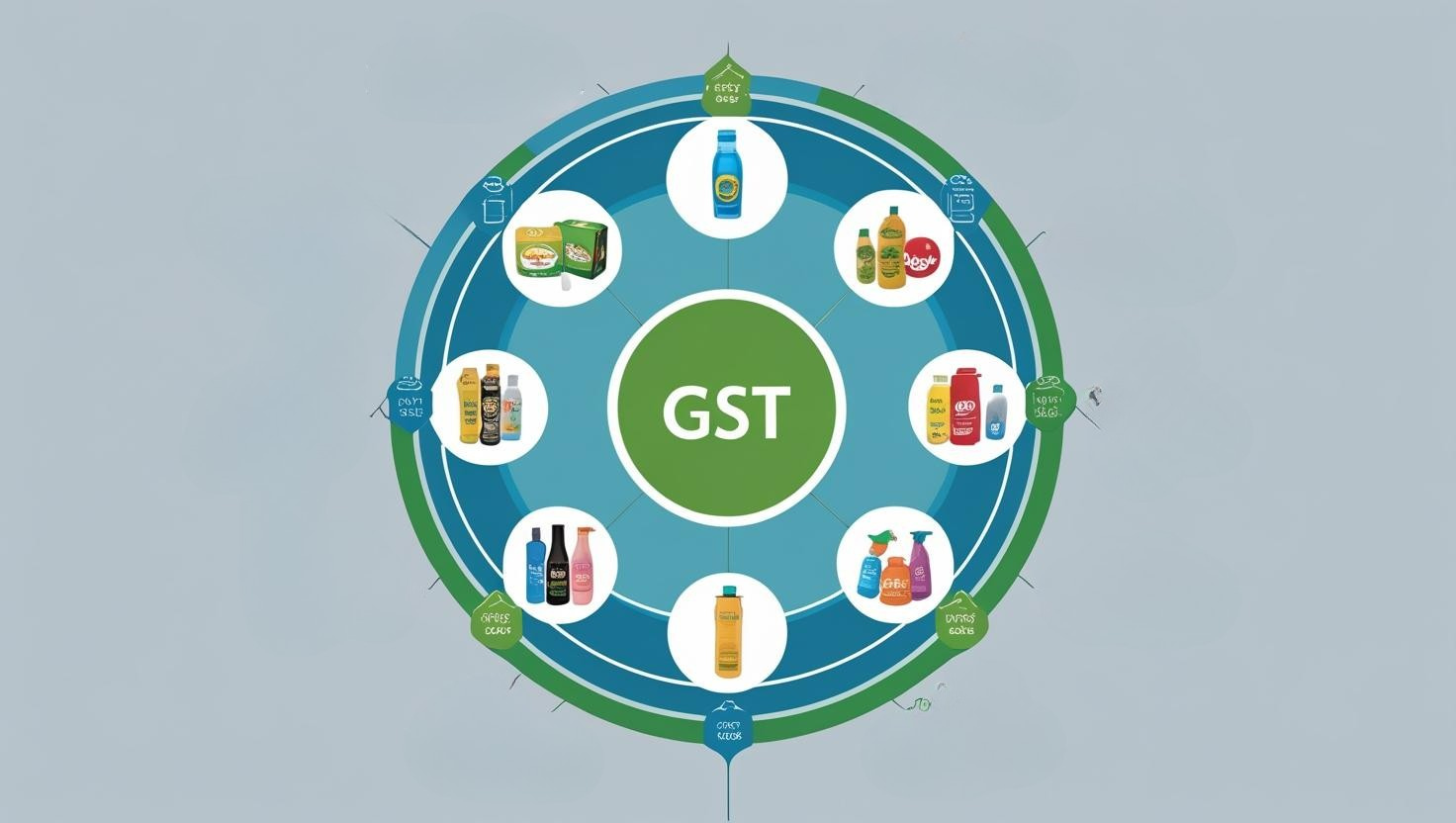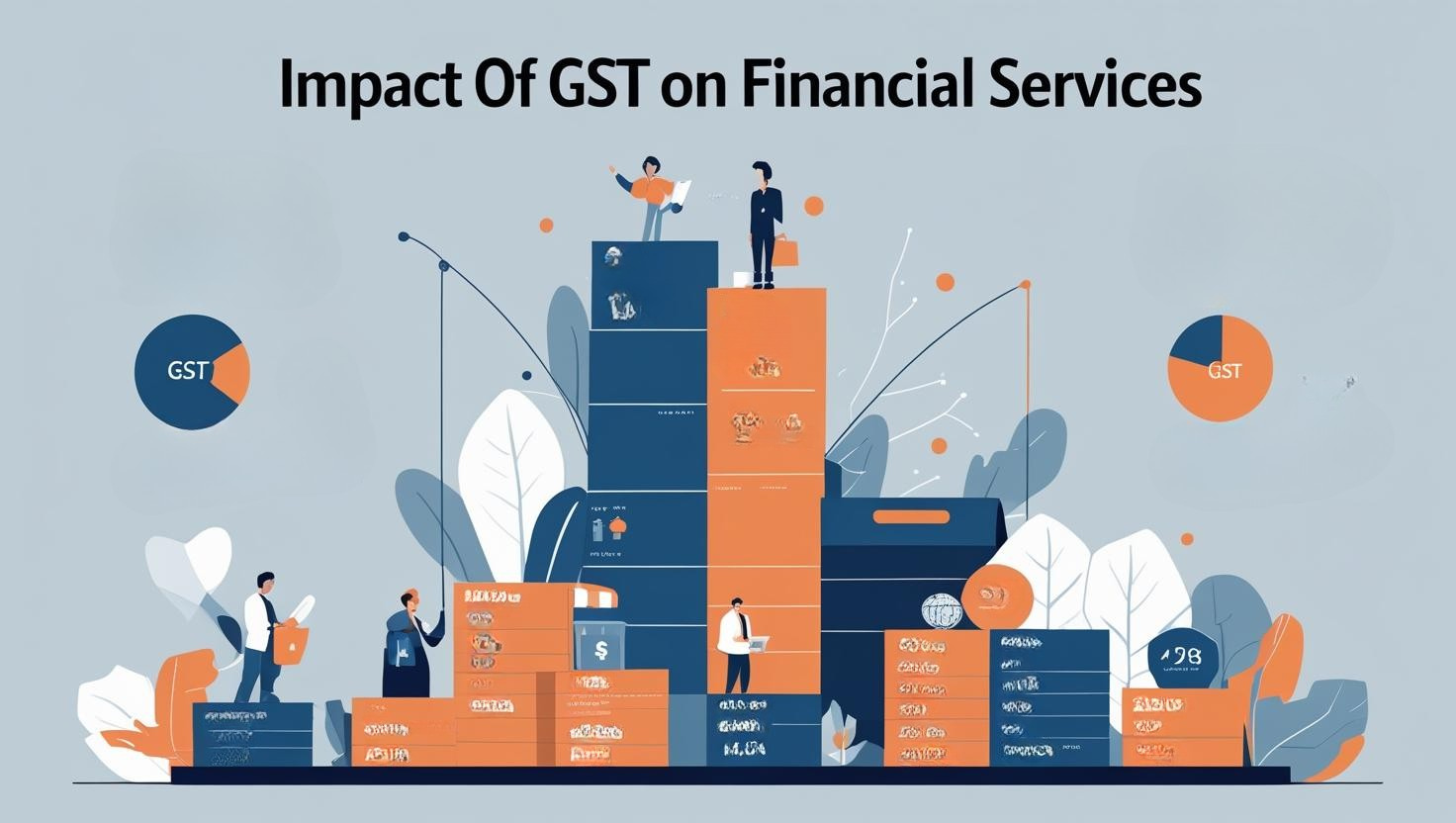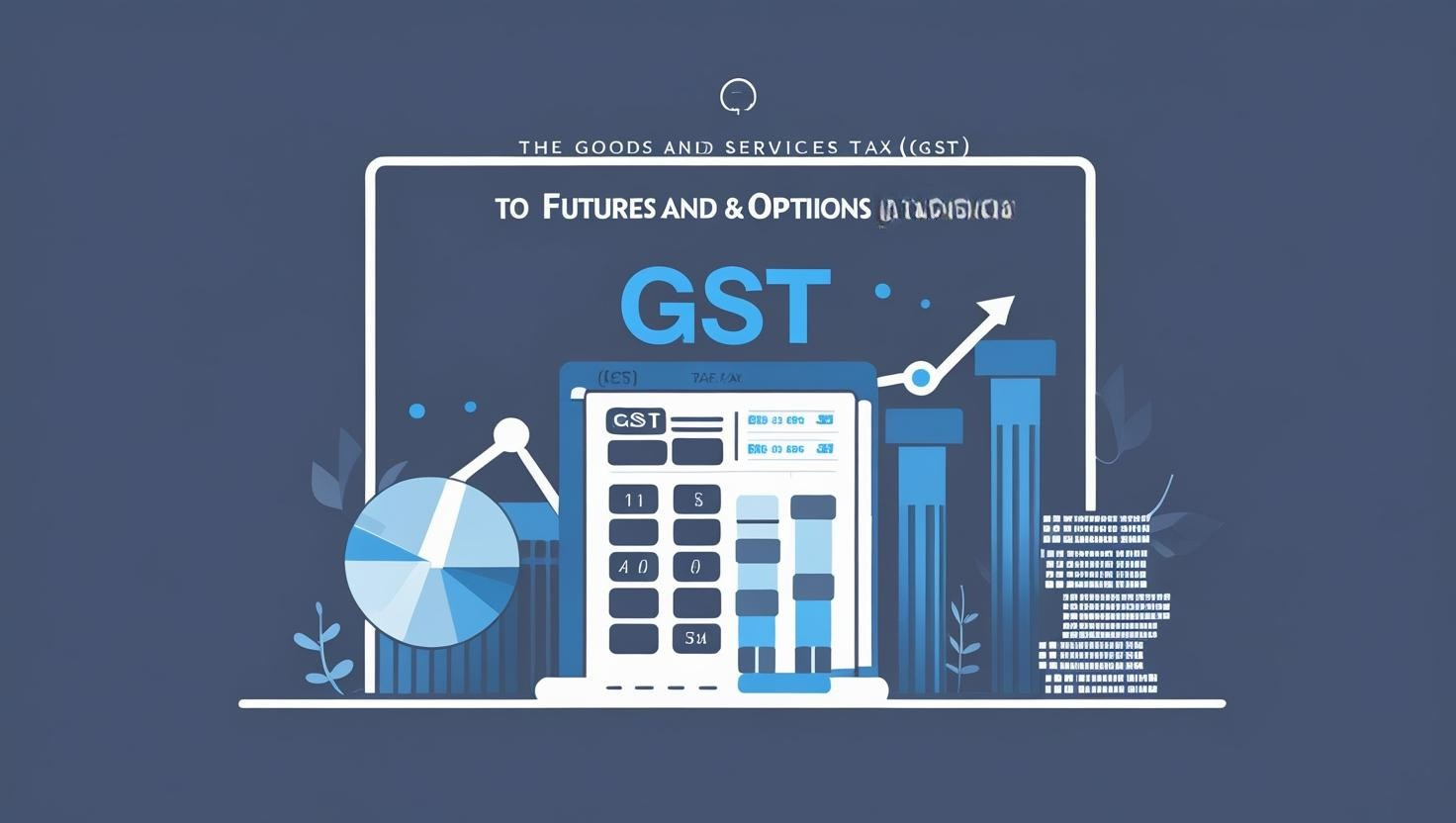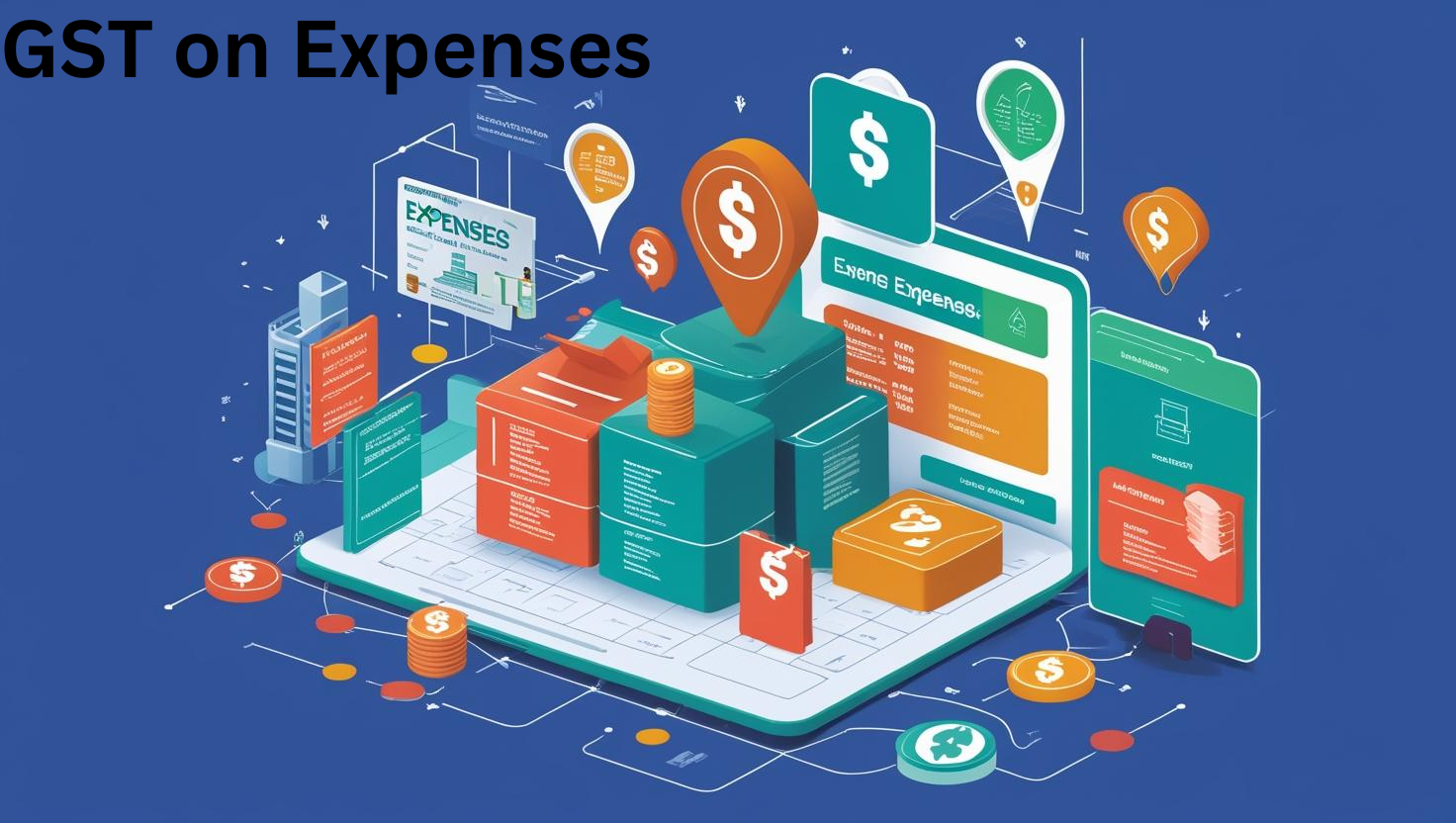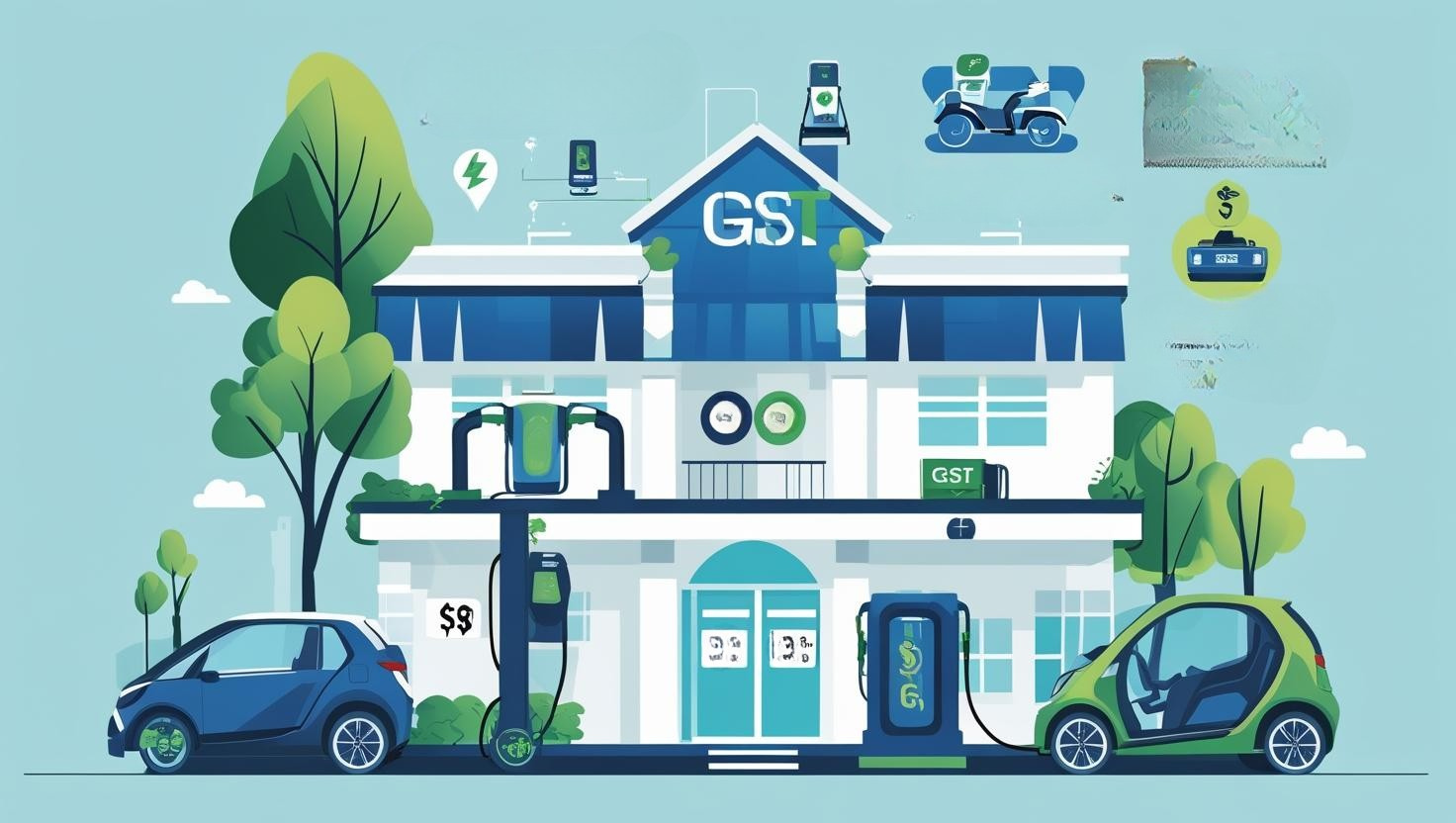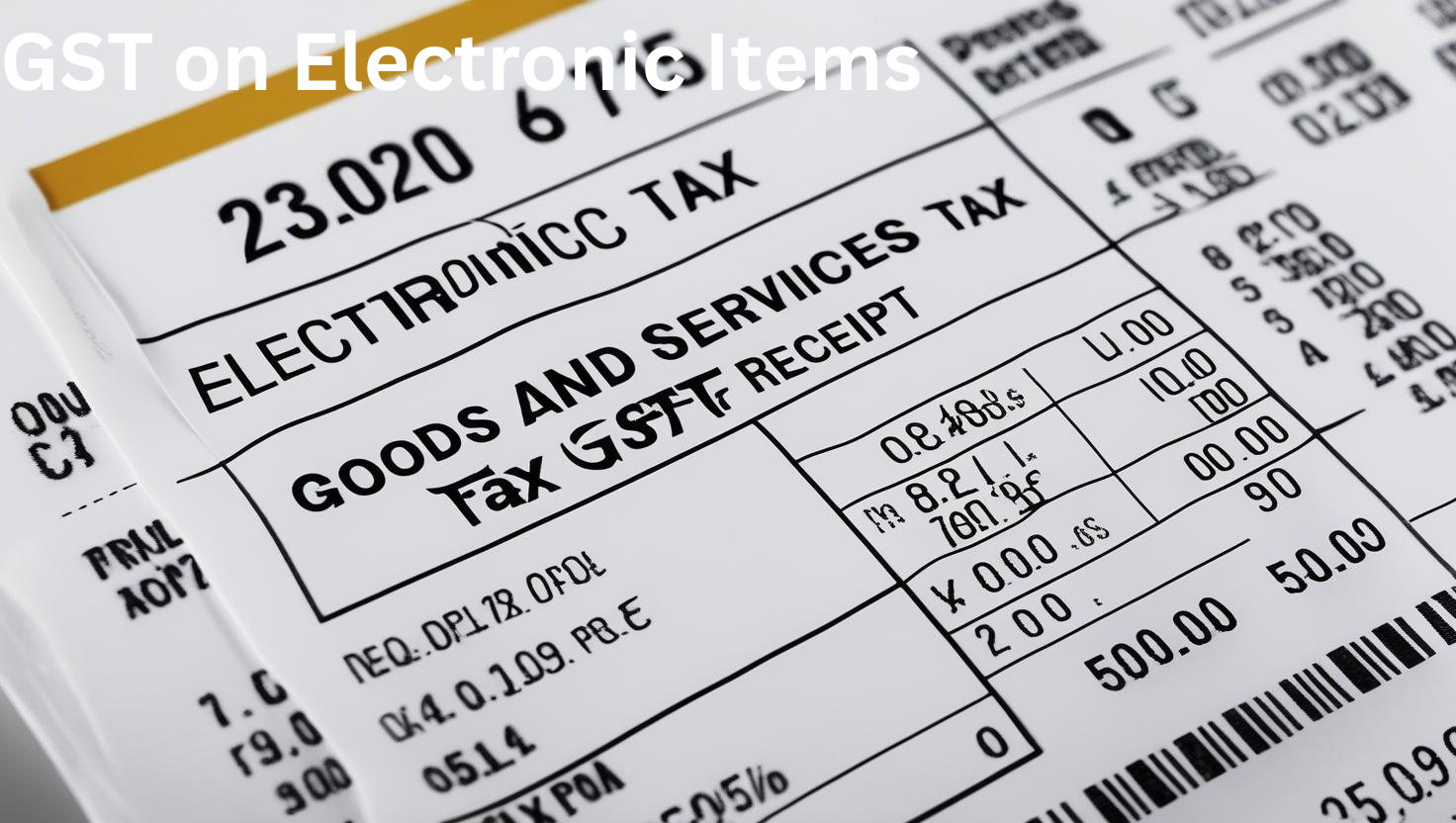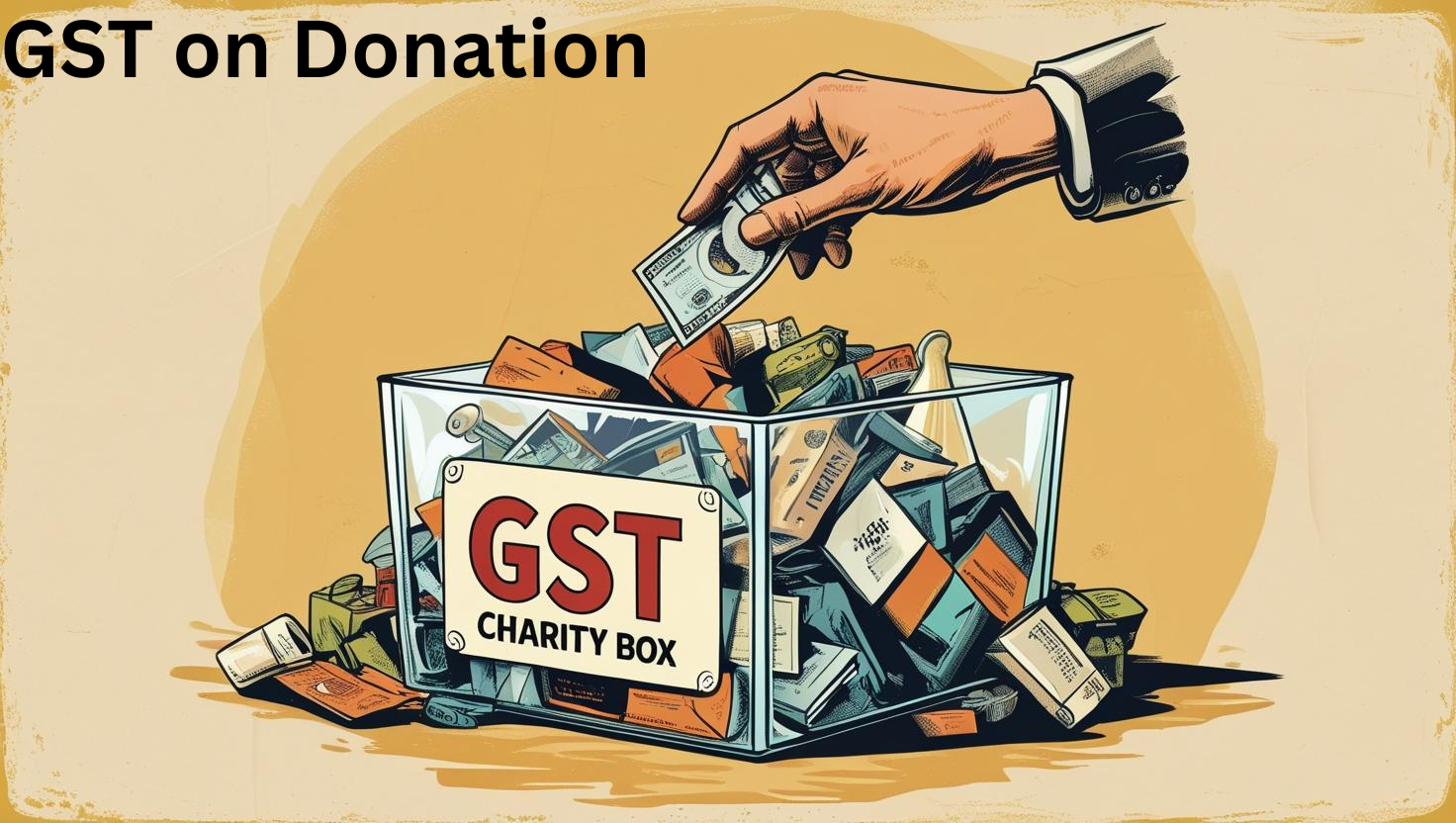Clothing items priced below ₹1000 attract a GST rate of 5%, whereas those priced ₹1000 or above are taxed at 12%. Ready-made garments fall under the 12% GST slab. Meanwhile, synthetic or man-made fibers and fabrics are subject to a higher GST rate of 18%.
Although the standard GST rate for textile products is 12%, items such as apparel and footwear priced under ₹1000 are taxed at a concessional 5% rate, making them more affordable for consumers.
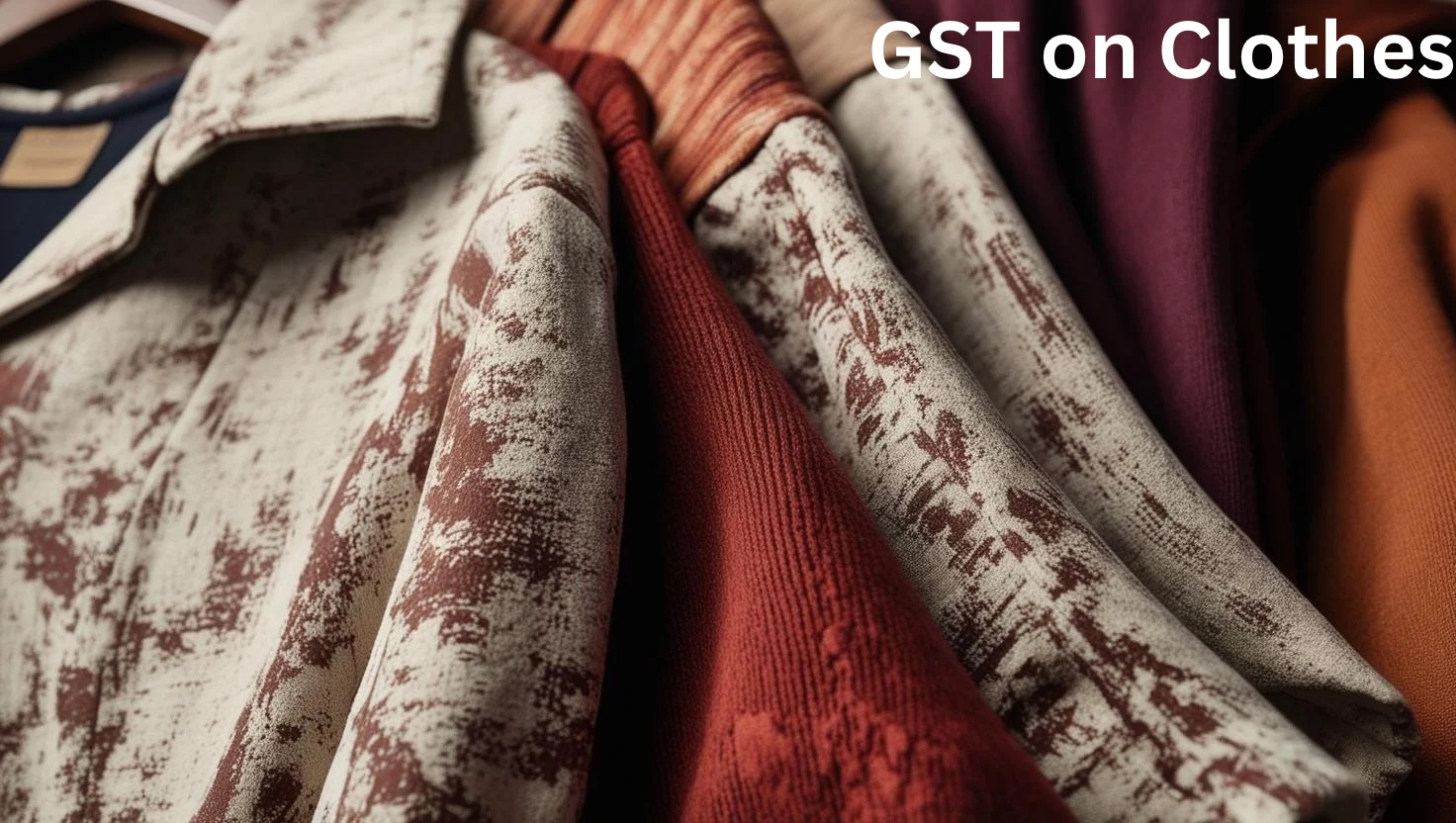
GST Rate for Garment, Apparel and Clothing
Knitted apparel and clothing fall under chapter 61 of the HSN code. Apparel and clothing not knitted fall under chapter 62 of the HSN code. Under both categories, any piece of apparel or clothing would be taxed at 5% GST if the taxable value of the goods does not exceed Rs.1000 per piece. As per schedule II of Chapter 62, all types of apparel and clothing of sale value exceeding Rs.1000 shall attract 12% of GST.
GST Rates on Clothes
| Category | Details | GST Rate |
| Silk and Jute Products | Natural silk and jute fibres are exempt from GST. | Exempt |
| Fabrics | Applies to all types of fabrics, whether natural or synthetic. | 5% |
| Apparel (up to Rs. 1,000) | For garments priced at or below Rs. 1,000 per piece. | 5% |
| Footwear (up to Rs. 1,000) | For footwear priced at or below Rs. 1,000 per pair. | 5% |
| Textile Job Work | Includes services like embroidery, weaving, and knitting. | 5% |
| Garment Accessories | Includes belts, ties, scarves, and other clothing accessories. | 12% |
| Apparel (above Rs. 1,000) | For garments priced above Rs. 1,000 per piece. | 12% |
| Footwear (above Rs. 1,000) | For footwear priced above Rs. 1,000 per pair. | 18% |
GST on Textiles
| Items | HSN Code | GST Rate |
| Silk Yarn | 5004 to 5006 | 5% |
| Woven Fabrics of Silk or Silk Waste | 5007 | 5% |
| Garneted Stock of Wool, Fine or Coarse Animal Hair, Shoddy Wool | 5104 | 5% |
| Wool and Fine or Coarse Animal Hair, Carded or Combed | 5105 | 5% |
| Yarn of Wool or Animal Hair | 5106 to 5110 | 5% |
| Woven Fabrics of Wool or Animal Hair | 5111 to 5113 | 5% |
| Cotton and Cotton Waste | 5201 to 5203 | 5% |
| Cotton Sewing Thread (Whether or Not Put Up for Retail Sale) | 5204 | 5% |
| Cotton Yarn (Other Than Khadi Yarn) | 5205 to 5207 | 5% |
| Woven Fabrics of Cotton | 5208 to 5212 | 5% |
| Flax, Raw or Processed but Not Spun; Flax Tow and Waste (Including Yarn Waste and Garneted Stock) | 5301 | 5% |
| Textile Bast Fibres (Other Than Jute Fibres), Tow and Waste of These Fibres (Including Yarn Waste and Garneted Stock) | 5303 | 5% |
| All Goods, Including Yarn of Flax, Jute, Other Textile Bast Fibres, Other Vegetable Textile Fibres, and Paper Yarn (Other Than Coconut Coir Fibre) | 5305 to 5308 | 5% |
| Woven Fabrics of Vegetable Textile Fibres, Paper Yarn | 5309 to 5311 | 5% |
| Woven Fabrics of Manmade Textile Materials | 5407, 5408 | 5% |
| Woven Fabrics of Manmade Staple Fibres | 5512 to 5516 | 5% |
| Real Zari Thread (Gold) and Silver Thread | 5605, 5600, 5610 | 5% |
| Jute Twine, Coir Cordage or Ropes | 5607 | 5% |
| Knotted Netting of Twine, Cordage or Rope | 5608 | 5% |
| Products of Coir | 5609 | 5% |
| Coir Mats, Matting, Floor Covering, and Handloom Durries | 5702, 5703, 5705 | 5% |
| Narrow Fabrics Consisting of Warp Without Weft Assembled by Means of an Adhesive (Bolducs) | 5806 | 5% |
| All Goods of Knitted or Crocheted Fabrics | 60 | 5% |
Taxability of GST on clothes and textiles
Sale of clothes, whether stitched or unstitched, is taxable under GST as it falls in the scope of supply. However, raw jute and raw silk are kept under nil rate of tax so no need to register under GST or pay taxes if you are a raw jure/raw silk dealer or run mills.
Buyers of raw cotton must pay GST on a reverse charge basis at 5%. Services of tailoring and renting of clothes also attracts GST. However, the composition scheme is available for supply of clothes provided the annual turnover is up to Rs.1.5 crore (Rs.75 lakhs in north-eastern states). Similarly, the limit is Rs.50 lakhs for cloth renting or stitching services.
For ‘Buy one, get one free’ offers, GST is not calculated on the items supplied without consideration. Also, the input tax credit is not available to that extent.
FAQs
Q1. Can textile manufacturers claim Input Tax Credit (ITC)?
Yes, textile manufacturers can claim ITC on the taxes paid for inputs used in the manufacturing process, reducing their overall tax liability.
Q2. How Does GST Impact The Pricing Of Clothes?
Clothes priced below Rs. 1,000 are exempt from GST, while those priced at Rs. 1,000 or more attract a 5% GST rate. Ready-made garments are taxed at 12% GST, and synthetic or man-made fibers and fabrics face an 18% GST rate.
Q3. Is GST applicable on clothes?
Yes, GST is applicable on clothes.
Q4. Are There Any Penalties For Non-Compliance With GST Regulations On Clothes?
Failure to generate an E-Invoice or issue a valid tax invoice for GST can lead to penalties. Businesses may face a penalty amounting to either 100% of the tax due or INR 10,000, whichever is greater, for each instance of non-compliance.
Q5. What categories of garments are taxed under GST?
Garments are classified into various categories such as casual wear, formal wear, and ethnic wear, each with applicable GST rates.
Q6. What is the GST rate on tailoring services?
The GST Council decided to reduce the GST rate on tailoring services from 18% to 5%.
Q7. How does GST impact the price of clothes for consumers?
GST increases the price of clothes, textiles, and garments for consumers, as the tax is added to the final retail price.
Q8. How much is the GST on clothes in India?
The GST on clothes ranges between 5% to 12% depending upon the value.
Q9. Do garment manufacturers need to comply with GST filing?
Yes, garment manufacturers must file GST returns regularly and comply with tax regulations for both domestic sales and exports.
Related Resources


